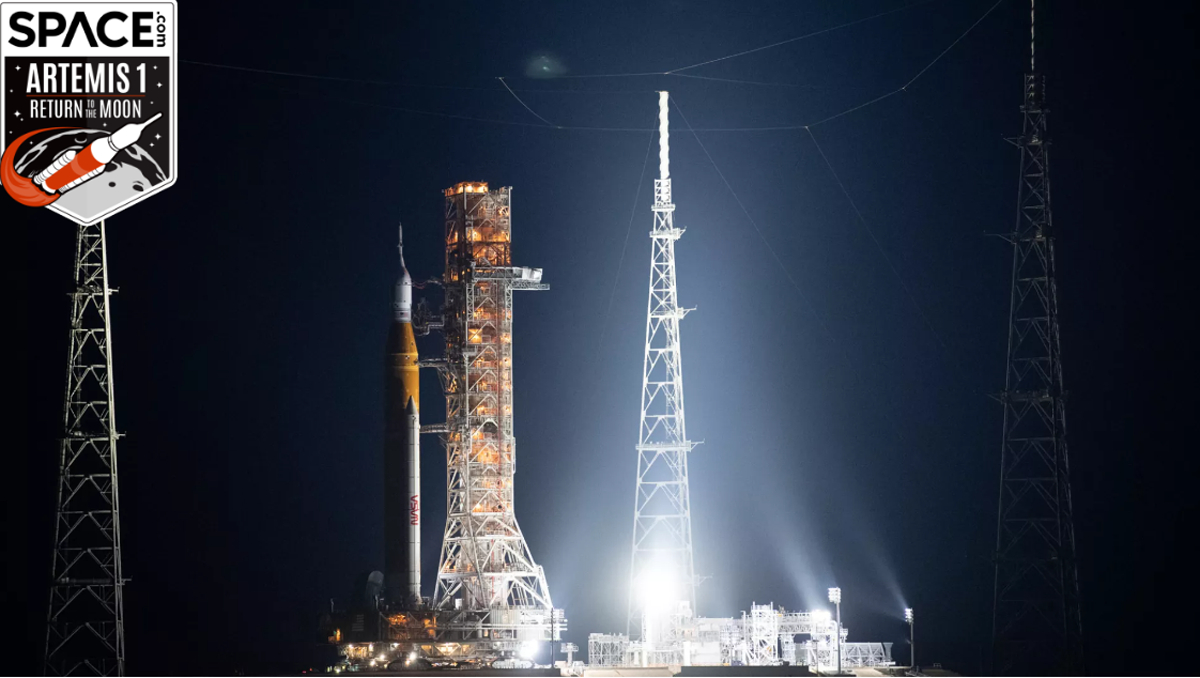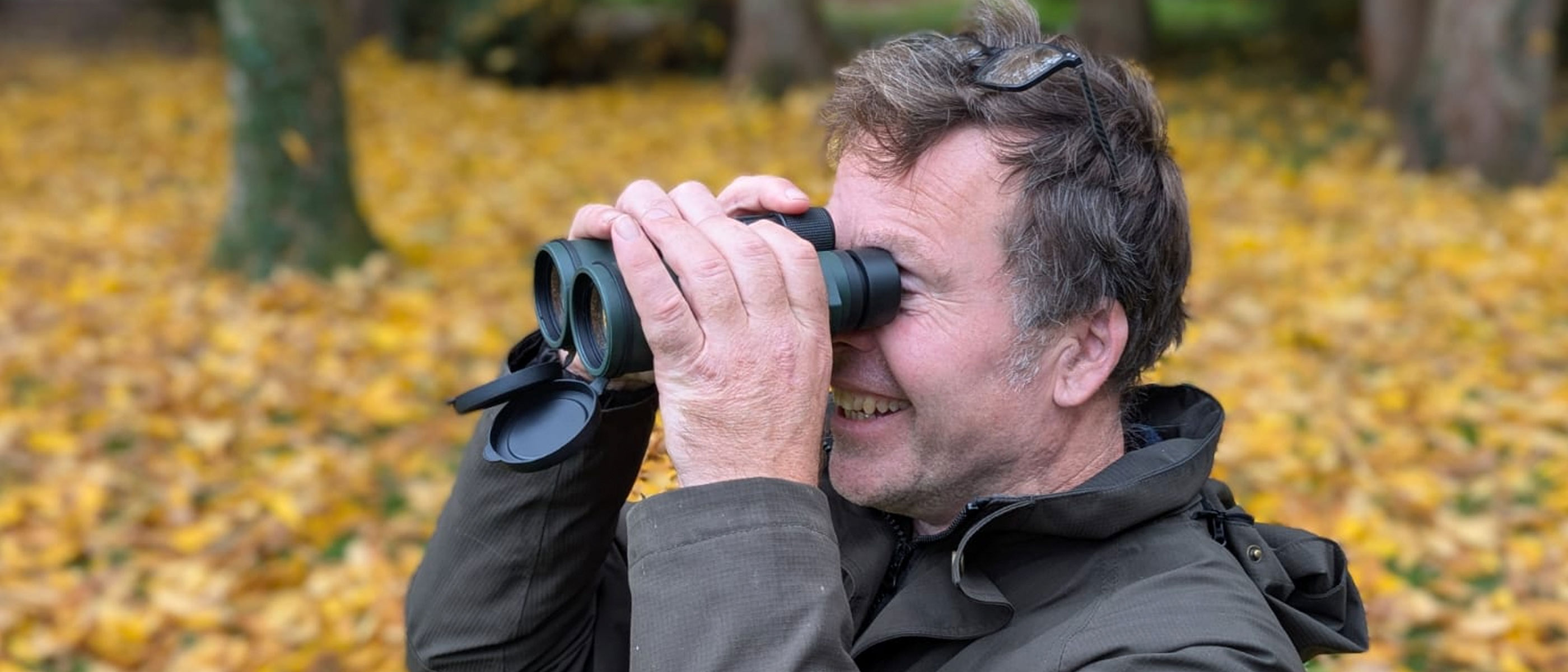Artemis 1: Why NASA's science chief is so excited about historic moon mission
The head of NASA's science program told Space.com how the agency hopes to pivot the human work to Mars exploration.

NASA's moon mission has an ambitious amount of science to perform.
Searching for lunar water and the other science objectives of Artemis 1 are the beginning of a big moon-to-Mars push, the agency's associate administrator, Thomas Zurbuchen, told Space.com in an interview.
Artemis 1 is scheduled to launch as soon as Monday (Aug. 29), sending an Orion spacecraft around the moon atop the Space Launch System (SLS) megarocket.
"The Artemis program of course, is to do sustainable exploration on the moon but ... to really turn around and look at Mars as our destination," Zurbuchen said.
Related: NASA's Artemis 1 moon mission: Live updates
More: NASA's Artemis 1 moon mission explained in photos
Flight systems, rockets and technologies are focused on similar challenges at both destinations, he said, including mitigating the effects of radiation and preparing for long-duration stays in space.
Lunar science, he added, is particularly a priority after the latest decadal report on planetary science that was published in April 2022. (These reports are consensus opinions in the scientific community about where space exploration should go next.)
Breaking space news, the latest updates on rocket launches, skywatching events and more!
Artemis 1, Zurbuchen acknowledged, will be "risky" as it includes an unflown SLS rocket and a spacecraft that has only been in space once before, in 2014.
"It has a number of technologies we're trying for the first time on this particular flight," Zurbuchen said of Artemis 1. One example he highlighted was a shoebox-sized cubesat, Luna H-Map, that will map the water ice available in the moon's polar regions.
Getting accurate resource assessments on the lunar surface will be crucial now as the south pole is where NASA hopes to set down astronauts as soon as 2025 or 2026 on the Artemis 3 mission.
Aside from moon mapping, Zurbuchen said he is looking forward to the mission studies examining how life is affected in deep space, including an experiment that involves yeast cells on one of the mission's 10 cubesats. This is the first such study to be conducted so far from Earth.
Other experiments he says he is looking forward to is a Japanese cubesat that will attempt a daring touchdown on the moon, and all of the experiments conducted on the three moonbound mannequins that will see how well the Orion spacecraft shields astronauts from space radiation.
Around 100,000 people are expected to descend on Florida's Space Coast to watch the launch, which will include VIPs from the executive branch of the United States government. Vice-President Kamala Harris will be on site for the launch and will deliver a speech about NASA's leadership in space, her office told Space.com in an exclusive.
Follow Elizabeth Howell on Twitter @howellspace Follow us on Twitter @Spacedotcom or Facebook.

Elizabeth Howell (she/her), Ph.D., was a staff writer in the spaceflight channel between 2022 and 2024 specializing in Canadian space news. She was contributing writer for Space.com for 10 years from 2012 to 2024. Elizabeth's reporting includes multiple exclusives with the White House, leading world coverage about a lost-and-found space tomato on the International Space Station, witnessing five human spaceflight launches on two continents, flying parabolic, working inside a spacesuit, and participating in a simulated Mars mission. Her latest book, "Why Am I Taller?" (ECW Press, 2022) is co-written with astronaut Dave Williams.
